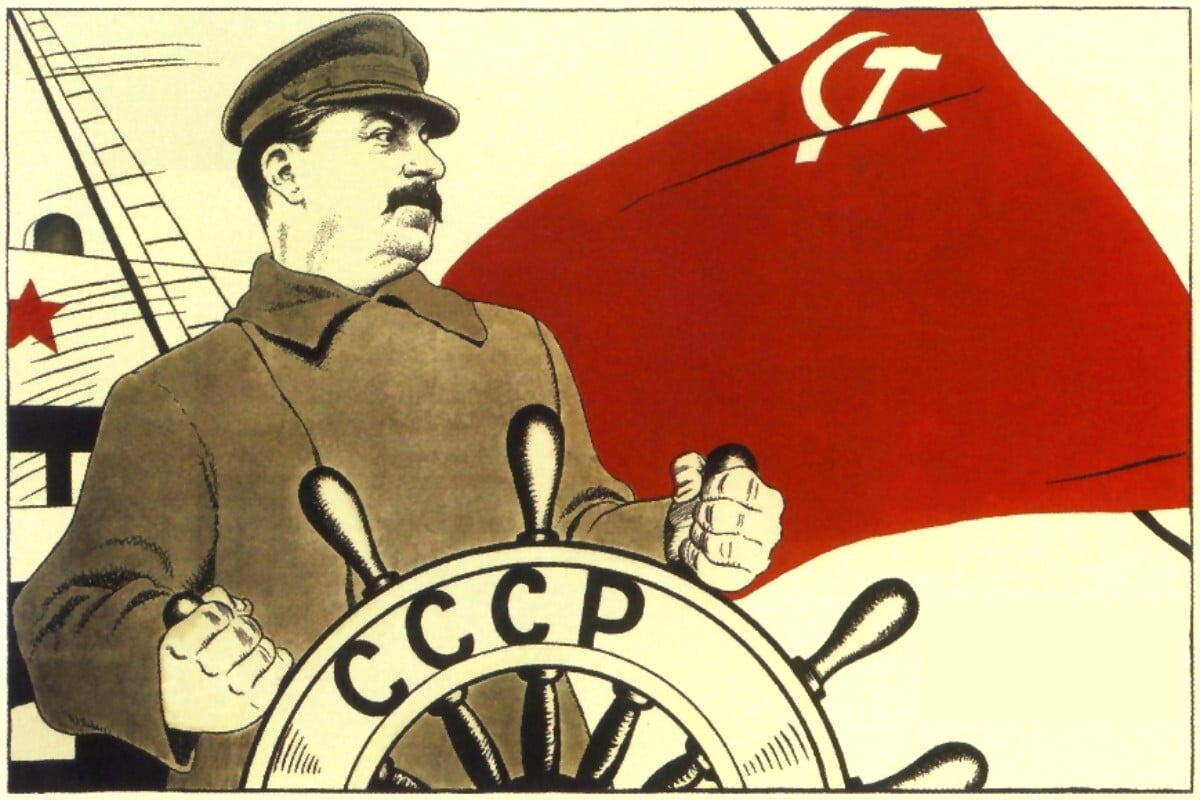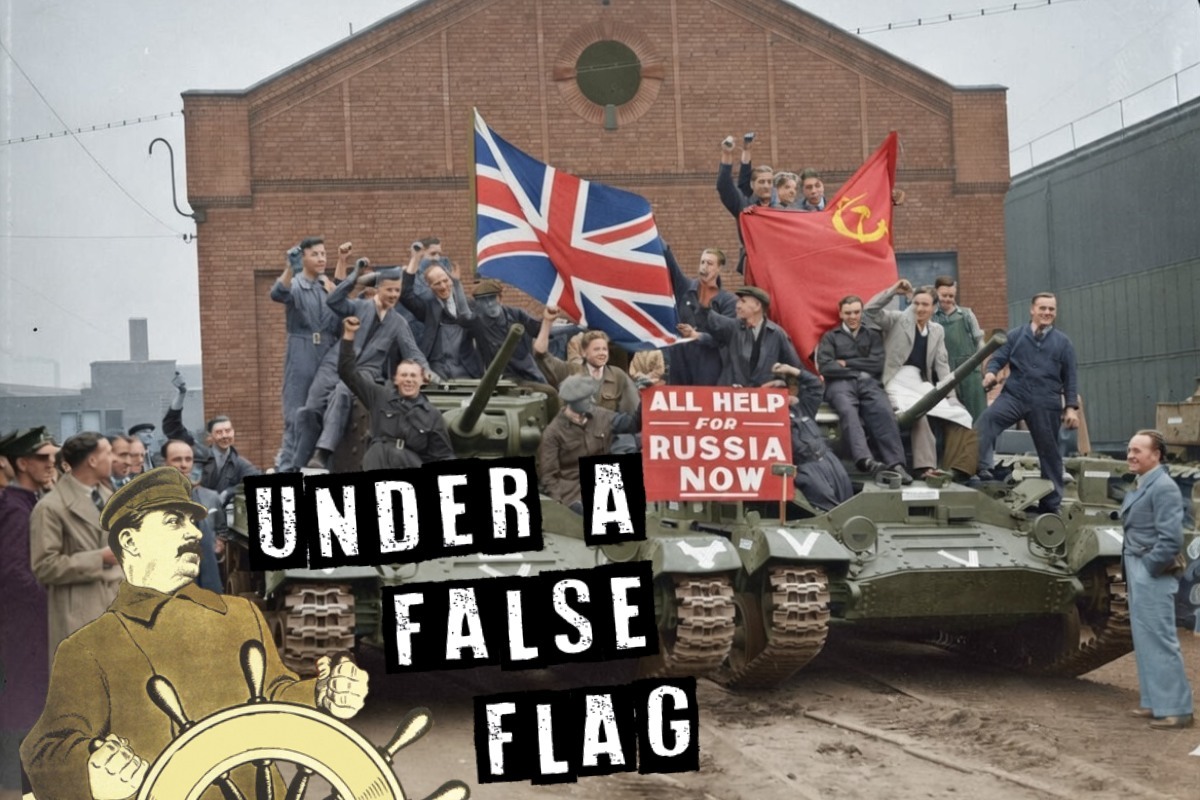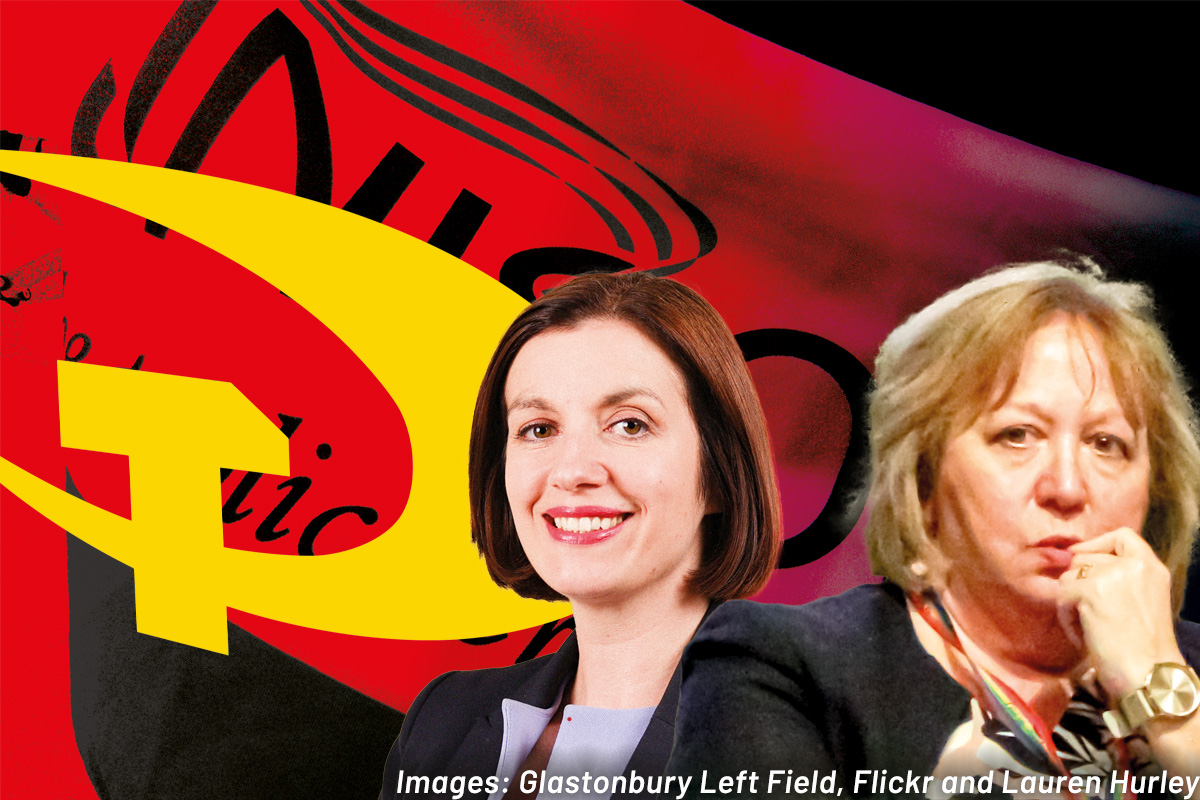The launch of The Communist and the upcoming founding of the Revolutionary Communist Party in May has been met with great enthusiasm from our supporters.
As we reported recently, however, the misnamed ‘Communist’ Party of Britain (CPB) has clearly been stung by our successes, and has attacked us as coming from an “anti-communist” tradition.
On the contrary, we have consistently defended genuine communism. But in doing so we reject the tradition of Stalinism, which has played, and continues to play, a criminal role.
Opportunism
Lenin’s last struggle was against the bureaucracy developing in the party and the state. In his ‘Testament’ he demanded the removal of Stalin. Unfortunately, death prevented him from concluding this fight.
The troika of Stalin, Zinoviev, and Kamenev suppressed Lenin’s estament, carried out a campaign to discredit Trotsky, and leaned on the apparatus to assume power themselves. Beginning from 1924, they swung sharply between opportunism and adventurism.
The Communist Party of Great Britain (CPGB), which originally attracted the revolutionary elements, fell under the influence of the Stalinists.
From then on, they carried out the zig-zags demanded by Moscow.
This opportunist policy led to uncritical slavish support for the British trade union leadership, including the ‘lefts’, who subsequently betrayed the 1926 general strike. In fact, the CPGB’s slogan during the strike was “all power to the TUC general council” – the very body that sold out the movement.
In China, this opportunism led to the communists to adopt a Menshevik policy. They trailed after the bourgeois nationalists, subordinating themselves to their party, the Kuomintang. This resulted in the bloody Canton massacre of communists by Stalin’s friend Chiang Kai-shek.
‘Third Period’
These defeats resulted in a sharp adventurous turn to the left. This was the so-called ‘Third Period’, where those outside the ranks of the communists were denounced as ‘fascists’.
In the case of the Social-Democratic workers, they were described as ‘social fascists’. Stalin stated that “Social Democracy and fascism were not antipodes, but twins”. This policy led to deep splits in the workers’ movement.
In Britain, the Labour Party was denounced as a form of fascism, namely ‘social fascist’.
The Daily Worker, the forerunner of the Morning Star, was launched in early 1930. It carried vicious attacks on the Labour Party:
“The party has taken part in the struggle as the independent leader of the working class exposing the social fascist role of the Labour government and the trade union bureaucracy…” (D.W. 9/6/30)
And elsewhere:
“The social fascism of the Labour government in 1929-1931 is still social fascism today only at a still further stage of development.” (D.W. 1/10/32)
‘Red unions’
Opposing everything that Lenin had written in Left-wing Communism: An Infantile Disorder, they adopted a sectarian approach to the trade unions and wrote them off. They instead argued for new ‘red’ trade unions.
They established the United Mineworkers of Scotland and the United Clothing Workers. These remained tiny, and did not last.
There were attempts to break away from the South Wales Miners’ Federation, which the CPGB called a ‘social-fascist union’. But this failed dismally.
In fact, Arthur Horner, the leading CPGB member among the South Wales miners, opposed the line and was repeatedly denounced in the Daily Worker. As a result, CPGB membership collapsed, and a large section were left unemployed.
Germany
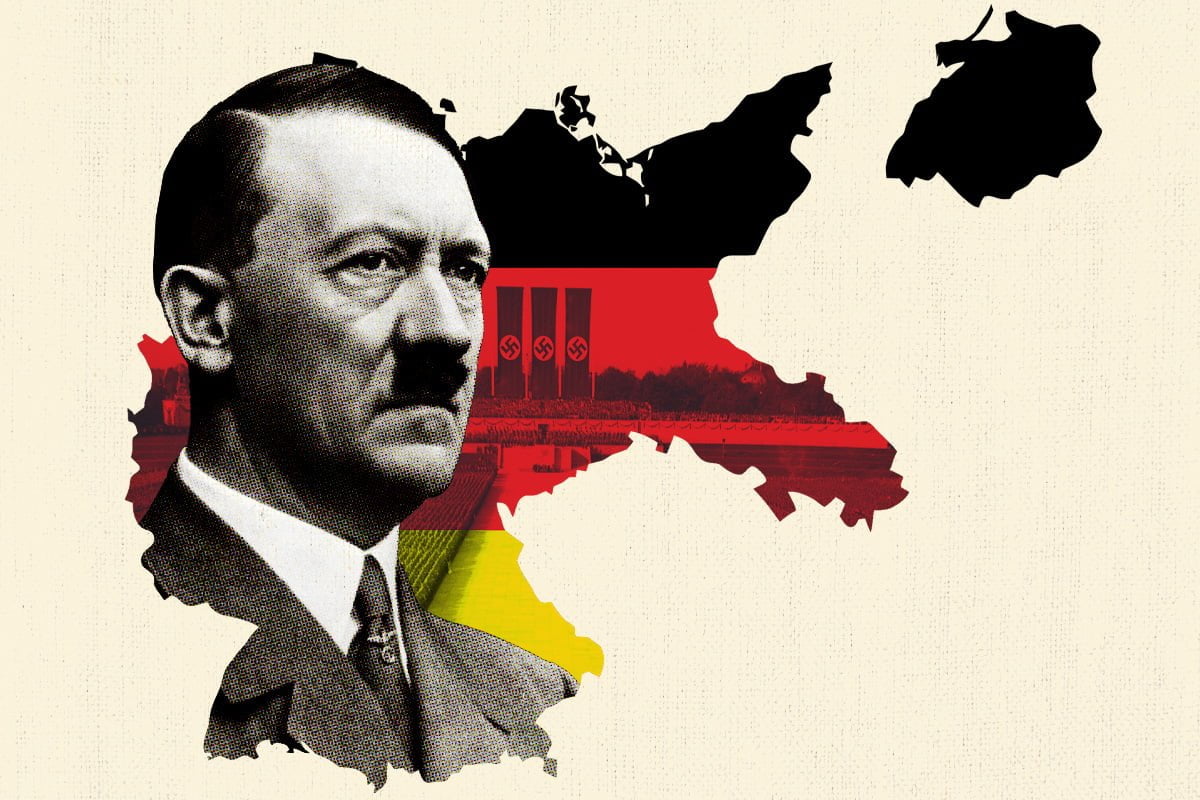 Unlike the CPGB, the German Communist Party (KPD) had mass support in the working class. The policies of the ‘Third Period’ applied in Germany bear a direct responsibility for the victory of Hitler in 1933.
Unlike the CPGB, the German Communist Party (KPD) had mass support in the working class. The policies of the ‘Third Period’ applied in Germany bear a direct responsibility for the victory of Hitler in 1933.
The KPD pursued a criminal sectarian policy, refusing to call for a united front of workers’ organisations against fascism. Instead, they denounced the Social-Democratic (Labour) workers as ‘social fascists’, the same as fascists.
This went as far as the KPD forming a bloc with the Nazis against the Social Democrats!
In 1931, Hitler organised a plebiscite to overthrow the SPD government in Prussia. The KPD supported this initiative on the orders of Moscow. They called it the ‘Red Referendum’ to cover up their treachery.
Fortunately, the plebiscite failed, otherwise Hitler would have come to power in 1931 and not 1933.
The Daily Worker fully supported this line:
“The bourgeois press is greatly perturbed at this brilliant piece of Communist tactics. Hard hit too are the Social-Democratic leaders who are now snivelling at what they term the Fascist Communist United Front.” (D.W. 25/7/31)
The Daily Worker hailed the result as a great success.
“The fascist leadership which had initiated the referendum had to a great extent abandoned the campaign for it after the Communist Party decided to enter the lists and had mainly concentrated on attacking communists. Despite the intensive police terror the Red mobilisation under the leadership of the Communist Party was a great success.” (D.W. 11/8/31)
Prior to this, there was a noisy campaign to equate the Social Democrats with fascism.
“For the bourgeoisie the question is not fascism or Social Democracy, but fascism with Social Democracy…The bankrupt bourgeois democracy and its chief representative the Social Democratic Party are in this fight unconditionally on the side of fascism.” (D.W. 18/8/30)
”The socialists are the left hand, the fascists are the right hands of the same capitalist body.” (D.W. 16/9/30)
United front from below
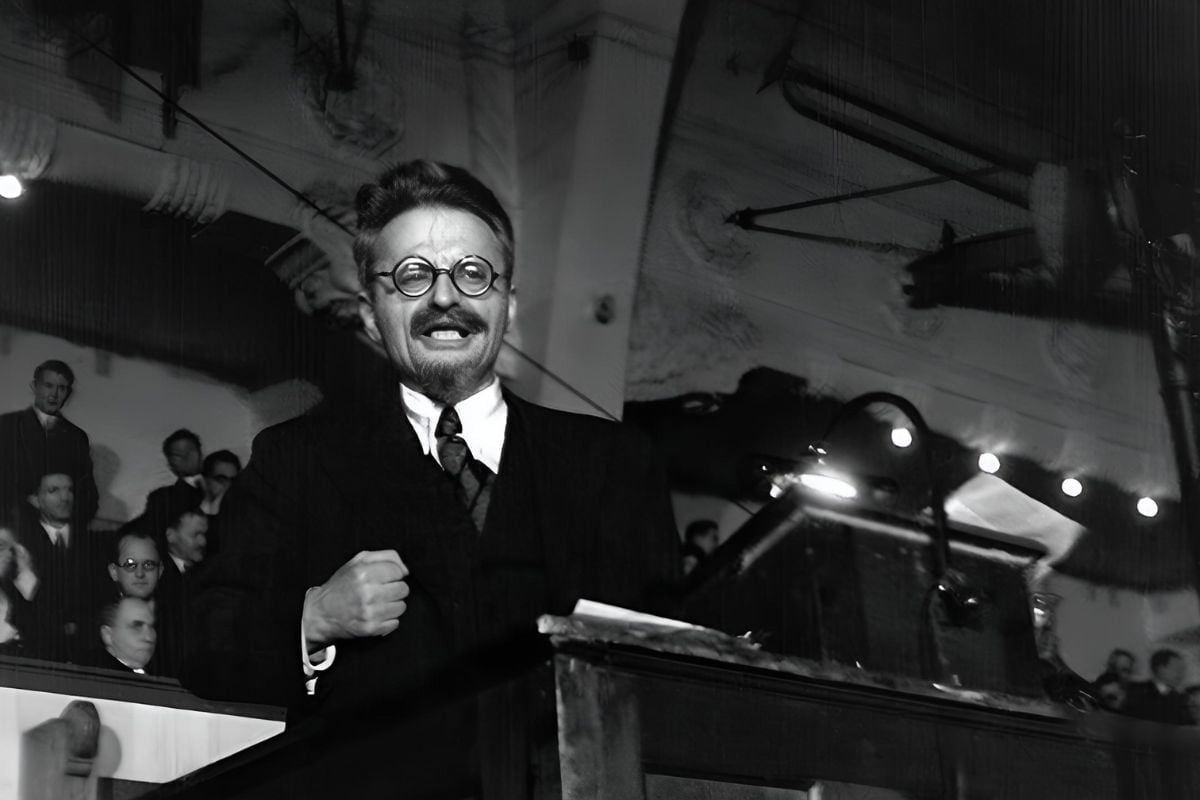 This denunciation of the Social Democrats went hand in hand with a call for a ‘united front from below’. In other words, the Social-Democratic workers should break with their leaders!
This denunciation of the Social Democrats went hand in hand with a call for a ‘united front from below’. In other words, the Social-Democratic workers should break with their leaders!
This was not the united front policy of Lenin, which was an appeal by the Communists for unity with other workers’ organisations for a common struggle over a concrete issue. This was what was needed in Germany: a united front of Communists with the Social Democrats, against the common enemy of Hitler’s fascism.
A final quote from the Daily Worker, which could be repeated ad nauseum:
“QUESTION: Cannot all workers’ organisations – the Communist Party, the Social Democratic Party, the trade unions, the Co-ops – come together to do something to resist this drive to fascism?”
The response in the Daily Worker was:
”ANSWER: It is undoubtedly necessary to create working-class unity against fascism, but that must be unity between workers in the factories and in the streets and not between the Communist Party and the Social Democratic Party, which is not a working-class party. For a united front with such a party would be to become an accomplice in the drive to fascist dictatorship.” (D.W. 13/8/32)
The only person advocating a united front policy was Leon Trotsky, the co-leader of the October Revolution, who had been exiled from the Soviet Union by Stalin. However, the Stalinists vehemently denounced him and his policy.
Cover up
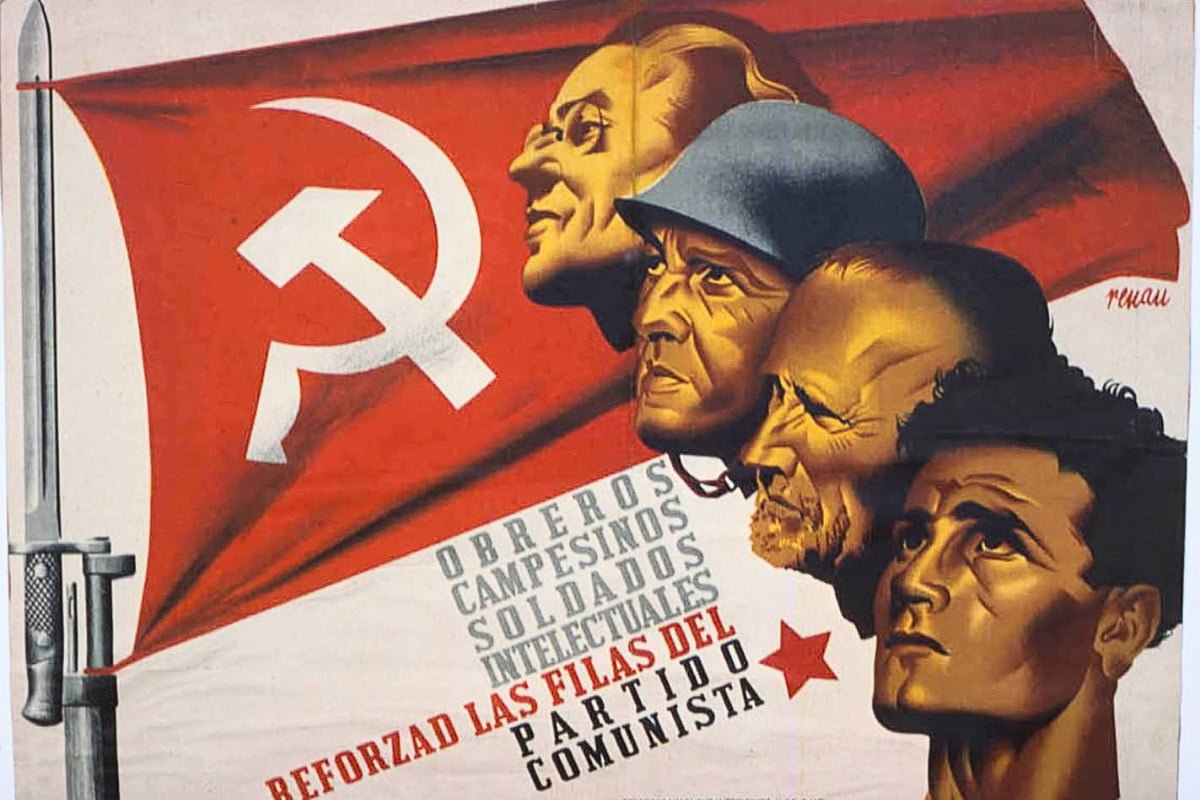 And yet, in the British Road to Socialism, the CPB (the modern-day successor to the CPGB) turns the truth on its head and tells its members and supporters a complete fairy story:
And yet, in the British Road to Socialism, the CPB (the modern-day successor to the CPGB) turns the truth on its head and tells its members and supporters a complete fairy story:
“In Germany…the ruling class turned to fascism…to destroy the communist challenge and divide the working-class movement…In Britain, France, Spain, the US, China and elsewhere, Communists led the fight during the 1930s to build a working-class united front…against fascism.”
With these words, the leaders of the CPB dishonestly cover up the criminal role of the Stalinists in the rise of Hitler. They are brushed under the carpet.
That goes for the ‘Communist’ historian, Eric Hobsbawm, who wrote that the catastrophic situation “was admittedly due in some measure [!] to the suicidal policy of the Comintern, which not only grossly underestimated the danger of National Socialism [fascism] in Germany, but pursued a policy of sectarian isolation that seems quite incredible in retrospect, by deciding that its main enemy was the organised mass labour movement of Social Democratic and labour parties (described as ‘social fascist’).”
”Due in some measure”, he says! The blame lies with the Stalinists in failing to put forward a Leninist policy. Hitler could have been stopped by a workers’ united front. This would have changed the course of history.
It is about time the so-called Communist Party of Britain owned up to these mistakes and carried out a thorough reappraisal of its history.
Within a few years, the policy had been changed in Moscow, as it zig-zagged to the policy of ‘popular frontism’, which led to further defeats.
We will deal with this in future articles.

